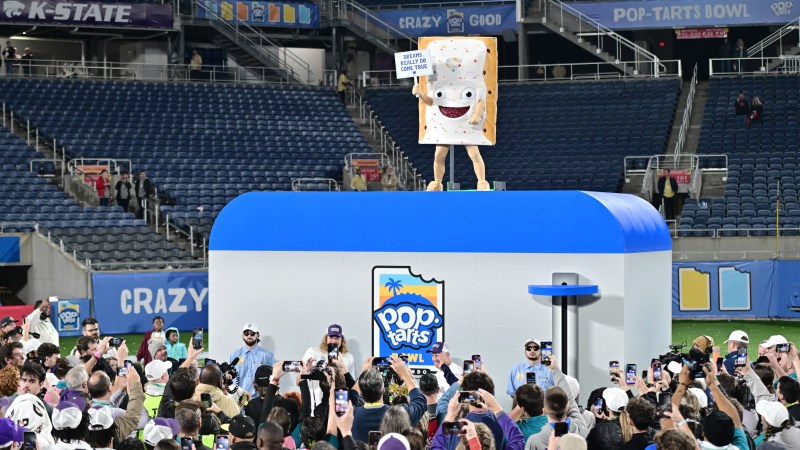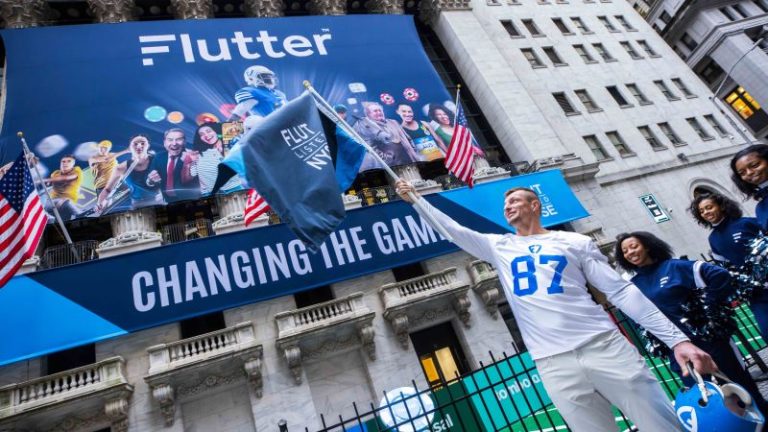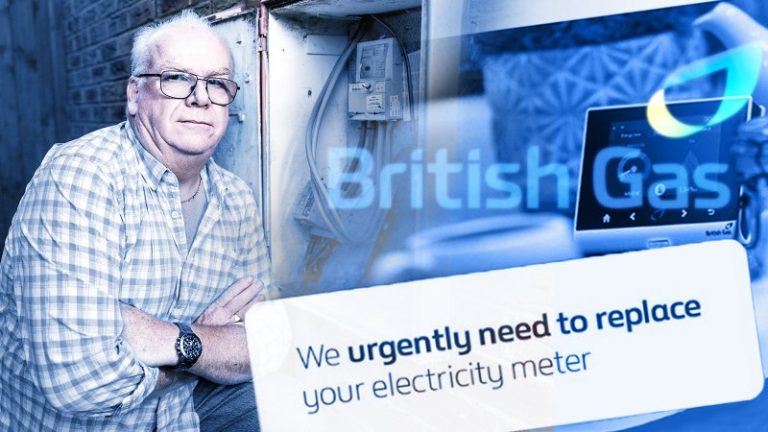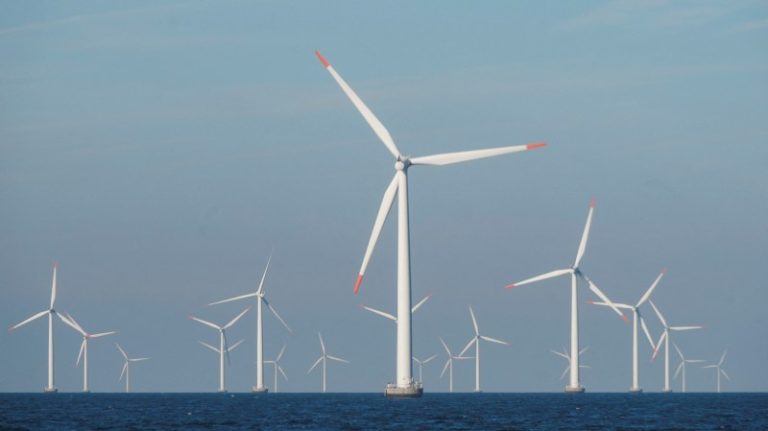Mars snaps up snack-maker Kellanova in $36bn takeover
Mars, the company behind Snickers bars and Pedigree dog food, has agreed a $36 billion takeover of the snack-maker Kellanova in the biggest deal of the year.
The privately owned American group will pay $83.50 per share for Kellanova, representing a premium of about 33 per cent to its closing price on August 2, the day before takeover talks were first reported.
Mars is a confectionery and pet food maker that is owned by the Mars family. The company, which reported sales of $50 billion last year, makes Mars and Snickers bars, M&Ms chocolate sweets, Ben’s Original rice and Dolmio pasta sauce, Whiskas cat food and Pedigree dog food.
Kellanova, the maker of Pringles and Pop-Tarts, was formed in 2023 after the Kellogg Company split into Kellanova and WK Kellogg Co, which oversees cereal brands including Frosted Flakes and Rice Krispies. Kellanova sells cereal outside of North America.
Earlier this month, it raised its full-year sales forecast after beating Wall Street expectations for the second quarter.
Combined, Mars and Kellanova recorded annual global sales of $63 billion last year, behind Nestlé’s CHF 93 billion ($108 billion) but ahead of Kraft Heinz’s sales of $27 billion.

Deal activity in the US packaged food sector has increased since last year as companies contend with more cautious consumers shifting to value brands in response to higher living costs.
Mars and Kellanova together control 8.5 per cent of the US snack market, according to data from GlobalData, behind PepsiCo’s 9.1 per cent.
Mars said that it planned to bolster its snacking division, invest locally and introduce more healthier options through the deal “to meet evolving consumer needs”. Wall Street analysts said the deal would help Marks bolster its snacking business in overseas markets.
Andrew Clarke, global president of Mars Snacking, said: “This is an exciting opportunity to create a broader, global snacking business, allowing Kellanova and Mars Snacking to both achieve their full potential.
“Our complementary portfolios, routes to market and R&D capabilities will unleash enhanced consumer-centric innovation to shape the future of responsible snacking.”
The acquisition is the biggest deal announced this year, exceeding Capital One Financial Corp’s agreement to buy Discover Financial Services for $35 billion in February, according to research by Bloomberg.
Other recent mergers in the food sector have included Campbell Soup’s $2.3 billion buyout of Rao’s pasta sauce owner Sovos Brands and J.M. Smucker’s $5.6 billion acquisition of Twinkies maker Hostess Brands.
The merger activity comes as some investors fear snack sales could come under pressure as more consumers turn to weight-loss drugs such as Ozempic and Wegovy that could curb appetite.
Under the terms of the planned deal, Mars will have to pay a termination fee of $1.25 billion in case of failure to obtain regulatory approvals. Kellanova has agreed to pay $800 million to Mars in case of a change in board recommendation.
Mars plans to finance the deal through cash and new debt. Citi is its financial adviser, while Kellanova is advised by Goldman Sachs. The transaction is expected to close in the first half of 2025.
Mars will have to pay a termination fee of $1.25 billion in case of failure to obtain regulatory approvals. Kellanova has agreed to pay $800 million to Mars in case of a change in board recommendation. Mars plans to finance the deal through cash and new debt. Citigroup is its financial adviser, while Kellanova is advised by Goldman Sachs.
The acquisition, which dwarfs Mars’ $23 billion takeover of Wrigley in 2008, is one of the biggest deals in the packaged foods industry.
“We think an environment more conducive to deal-making could also encourage some of the large-cap packaged food names within the industry to shift their focus away from portfolio clean-up and divestiture efforts and towards a more offensive, acquisition-led posture with a focus on growth,” Barclays analysts wrote in a note yesterday.
Shares in Kellanova rose $5.76, or 7.7 per cent, to close at $80.26 on Wall Street on Wednesday.






